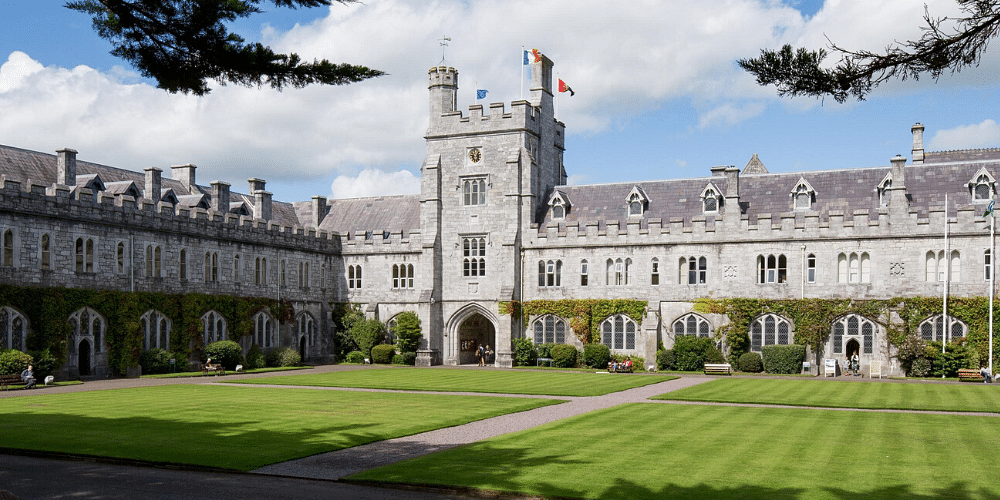Year 1 Modules:
Comprises core modules in the four main branches of science: Biology, Chemistry, Physics and Maths. Biology modules include Microbiology, Biotechnology and Biochemistry.
Year 2 Modules:
You will begin to specialise but you will still be able to choose modules that will leave you with 3 or more degree choices at the end of the year. Core biology modules include Molecular Biology, Microbiology and Biochemistry.
Year 3 Modules:
You commit to your degree choice. In the BSc Biotechnology you will take a dedicated course of lectures and practical laboratory modules encompassing Microbiology, Biochemistry, Process Engineering and Pharmacology.
Placement:
At the end of year 3 you will carry out a 5 month (from May to October) work placement in an industry and/or laboratory that is relevant to biotechnology. The placements are organised with the support of the Careers Office in UCC.
Year 4 Modules:
You will take a dedicated set of courses in Microbiology, Biochemistry and Process Engineering. You will also undertake a supervised research project in a research laboratory in UCC.
Course Practicalities
Expected lecture hours: Lectures are conducted between 9am to 6pm, Monday to Friday. You will have approximately 288 lectures hours per year and these may include directed study/reading hours on the module.
Expected lab/practical hours: Your laboratory practical/tutorial hours will amount to approximately 216 per year. In Year 4 you will also complete a 6 week lab-based project in the area of Biotechnology. This will be performed under the supervision of a member of staff. The project aims to enhance your laboratory skills and critical abilities in identifying, analysing and solving problems in scientific research and to develop your skills in communicating your research.
Costs for lab manuals/lecture hand-outs vary from year 1 through to year 4 but on average costs about €15 per year. Textbooks: students typically spend between €50-100 per year on books.
Assessment
Written exams will take place before Christmas and in May. Not all modules have formal examinations. Some modules use other types of assessment.
Modules that contain practical components also assess this aspect by reviewing laboratory reports. Some year 3 and year 4 modules include assignments, dissertations and reports as part of the assessment. The placement and the final year project will be assessed using a combination of laboratory/placement performance, written report and oral presentation.
